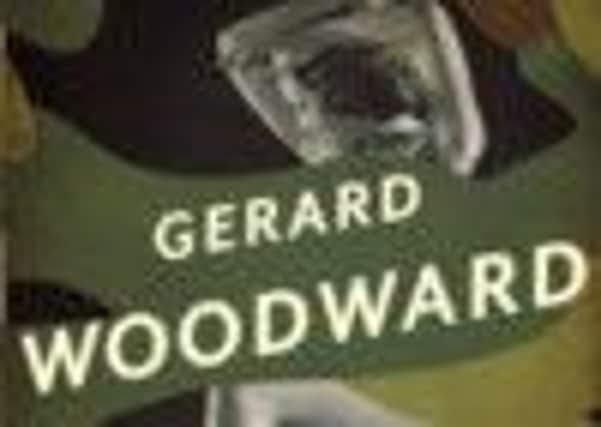Book review: Vanishing


Vanishing
Gerard Woodward
Picador, 400pp, £16.99
The narrator, Kenneth Brill, is in a military prison during the 1939-45 war, suspected of spying for the enemy. He is an artist, who has worked – successfully by his account – on camouflage in the desert war. On returning home, however, he has been found making detailed drawings of the land intended for a new military aerodrome at Heathrow. He explains that he has merely been recording the land his family has worked for generations before it disappears, but it is alleged that his drawings would be useful to the enemy. It is a ridiculous charge, but then Brill’s life to date, and his experience of the world, are both rather ridiculous.
The prosecution’s dossier is fairly damning. Brill’s CV suggests that he is not only a failure but a persistent troublemaker: expelled from school, expelled from the Slade School of Art, a man of uncertain sexuality, sacked from the school where he taught art because he made indecent drawings of a pretty boy pupil, trespassing in royal grounds and doing a spell in prison, associating with Nazi-sympathizers, perhaps traitors. Even his work on camouflage is open to sinister interpretation.
Advertisement
Hide AdIn reply, he protests that there is an innocent explanation for all his misfortunes. People have got him wrong. When, for instance, the Slade expelled him because of his relations with prostitutes in Soho, he and some of his colleagues were merely employing them as models to improve their life-drawing skills. As for the school incident, he had made the drawings of the boy because the headmaster had asked him to illustrate the importance of washing. He never suspected his associates were pro-German or Fascists. In short, he is the victim of circumstances, a sort of holy innocent who doesn’t understand the ways of the world, and when he tells lies (as he does) it is only in self-protection.
Gerard Woodward’s idea for a comic novel is a good one, though hardly new. The innocent abroad in a mad world he does not understand is at least as old as Voltaire’s Candide; also a device gloriously, employed by Evelyn Waugh, notably in Decline and Fall and Scoop.
Mention of Voltaire and Waugh, however unfair as a comparison, points up one reason why this novel is less successful in execution than it must have been in conception. Voltaire and Waugh knew when to cut, when to stop; Woodward, on the evidence of this novel, doesn’t. There isn’t a single scene that doesn’t go on long after it has done what it is supposed to do. In particular, the long accounts of his childhood and his family’s relations with the land of the heath, and the scenes dealing with his camouflage work in the desert war, go on and on. Woodward doesn’t seem to know the value of brevity or economy. There are some very good passages – Brill’s time at the Slade, his experiences as a schoolmaster and his exchanges with the officer instructed to act as his counsel in the trial, and the trial scenes themselves; but the good parts are swamped by the lengthy meandering ones.
Woodward has written good novels before, and will doubtless do so again. He is also known as a poet, one of whose collections was short-listed for the T S Eliot Prize a few years ago. He is now professor of creative writing at Bath Spa University, and it may be that this offers a clue to the failure of this novel. It has often been observed that novelists who take such posts develop habits of slackness and self-indulgence, writing novels to be discussed and even taught. This novel is certainly discussible, but anyone reading it for enjoyment is likely to run the eye over whole paragraphs rather than reading it sentence by sentence.
Writing for the market offers its own temptations, carries its own dangers, but at least concentrates the mind of the author. Of course, a good editor, with the old-fashioned blue pencil, can restrain the tendency to self-indulgence, but this novel, which might have been a very good one, hasn’t apparently been fortunate enough to find such an editor.